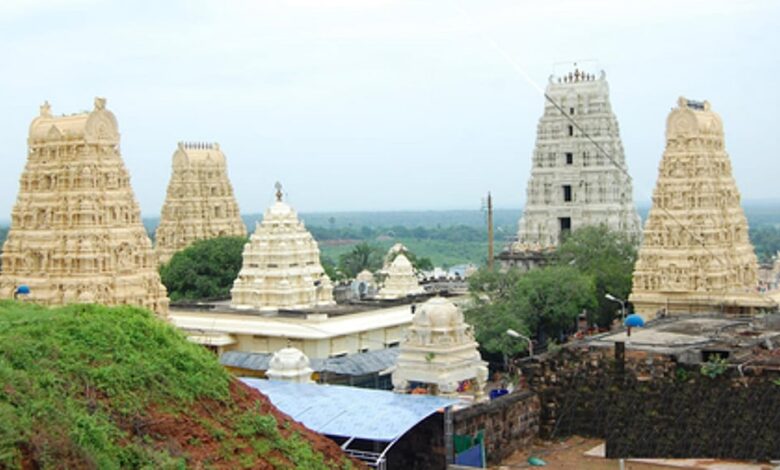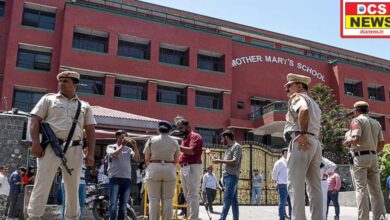
Supreme Court Declines PIL Challenging VIP Privileges in Temples
New Delhi: The Supreme Court of India has dismissed a Public Interest Litigation (PIL) seeking a ban on VIP treatment in temples, stating that such matters should be left to society and temple management authorities rather than judicial intervention.
A bench comprising Chief Justice Sanjiv Khanna and Justice Sanjay Kumar observed that:
✔ Temples are autonomous religious institutions, and their administrative policies fall outside the court’s purview.
✔ VIP access policies are management decisions, not constitutional violations.
✔ Judicial interference in religious practices should be minimal, unless fundamental rights are at stake.
The PIL: What Was Challenged?
The petitioner argued that:
⚠ Temples discriminate against common devotees by allowing preferential treatment for VIPs.
⚠ VIP access often results in long queues and delays for ordinary worshippers.
⚠ Equal treatment in places of worship is a fundamental right under Article 14 (Right to Equality) of the Constitution.
The plea sought a directive for uniform temple entry regulations, preventing special privileges for politicians, bureaucrats, and influential figures.
SC’s Justification: Why the Court Refused to Intervene
🚫 Temples Are Autonomous: The court reiterated that temples are governed by independent management bodies, and judicial oversight should not extend to administrative decisions.
🚫 No Fundamental Rights Violation: The judges noted that while VIP treatment may be unfair, it does not necessarily violate constitutional rights.
🚫 Societal & Religious Decision: The bench emphasized that reforms must come from within the religious community, not through legal mandates.
Mixed Reactions to the Verdict
🔹 Temple Management Bodies: Defended VIP privileges, citing security, crowd control, and financial contributions from VIP donors.
🔹 Devotees & Activists: Criticized the ruling, arguing that temples should treat all worshippers equally.
🔹 Legal Experts: Noted that judicial restraint in religious matters aligns with past verdicts on faith-based institutions’ autonomy.
The Larger Debate: VIP Culture in Religious Places
The controversy over VIP access in temples reflects a larger issue of privilege in public spaces. Similar practices exist in:
🏛 Government Offices & Hospitals – VIPs receive priority services.
✈ Airports & Railways – Fast-track privileges for elite travelers.
🏏 Stadiums & Public Events – Reserved seating for influential figures.
Many believe that religious spaces should be free from hierarchical privileges, promoting equal devotion and access for all believers.
What Happens Next?
While the Supreme Court has declined intervention, the ruling may push temple authorities to reconsider their policies. Social pressure and public discourse could encourage self-regulation, leading to more inclusive worship experiences.
For now, VIP privileges in temples remain a matter of internal governance, leaving ordinary devotees to rely on reform from within religious institutions rather than legal enforcement.






